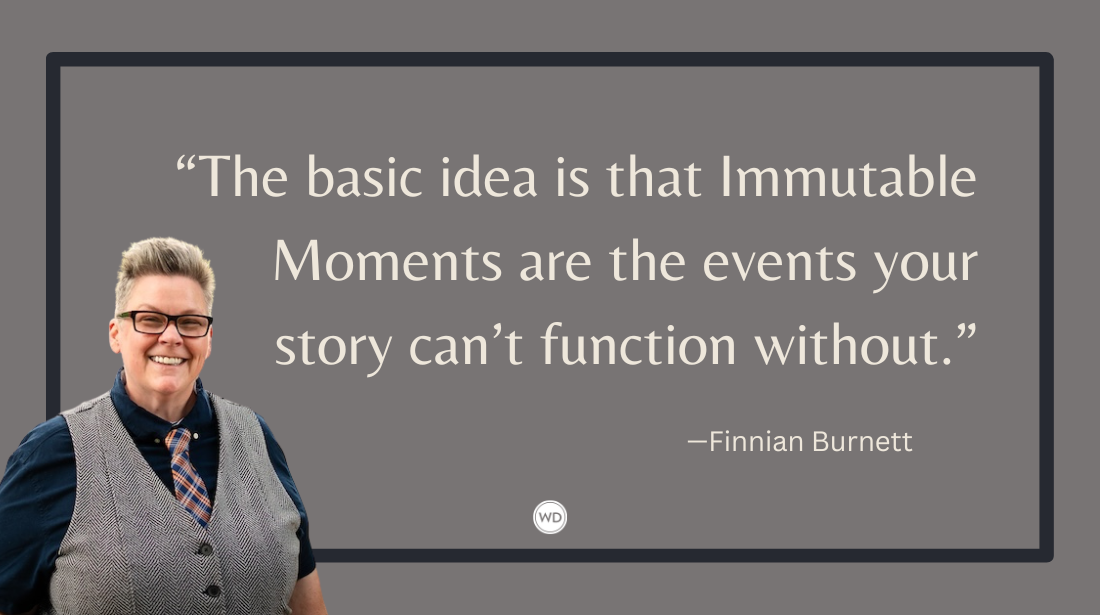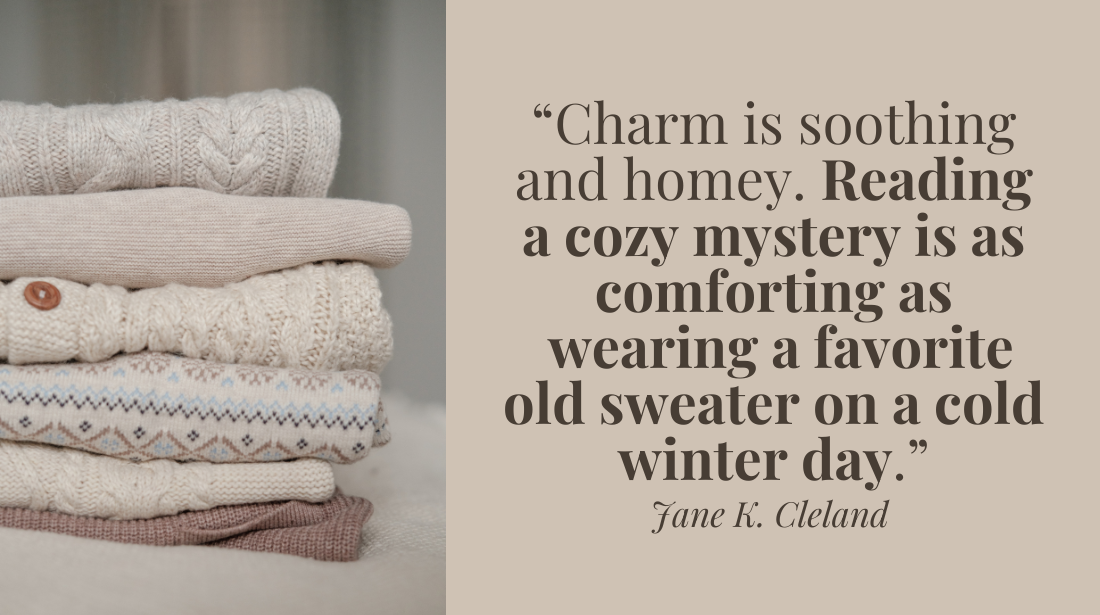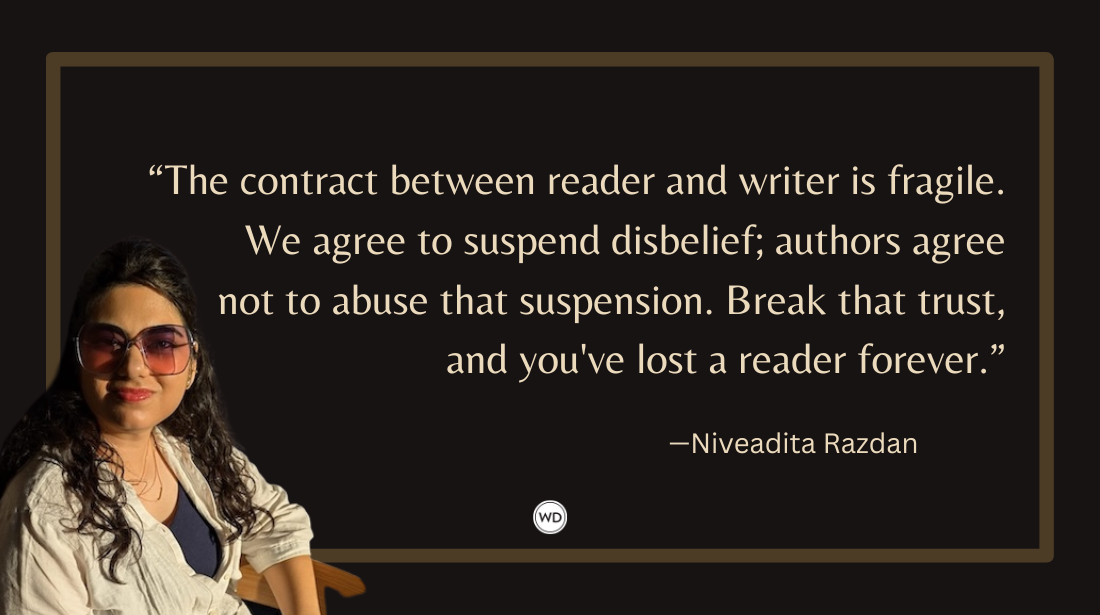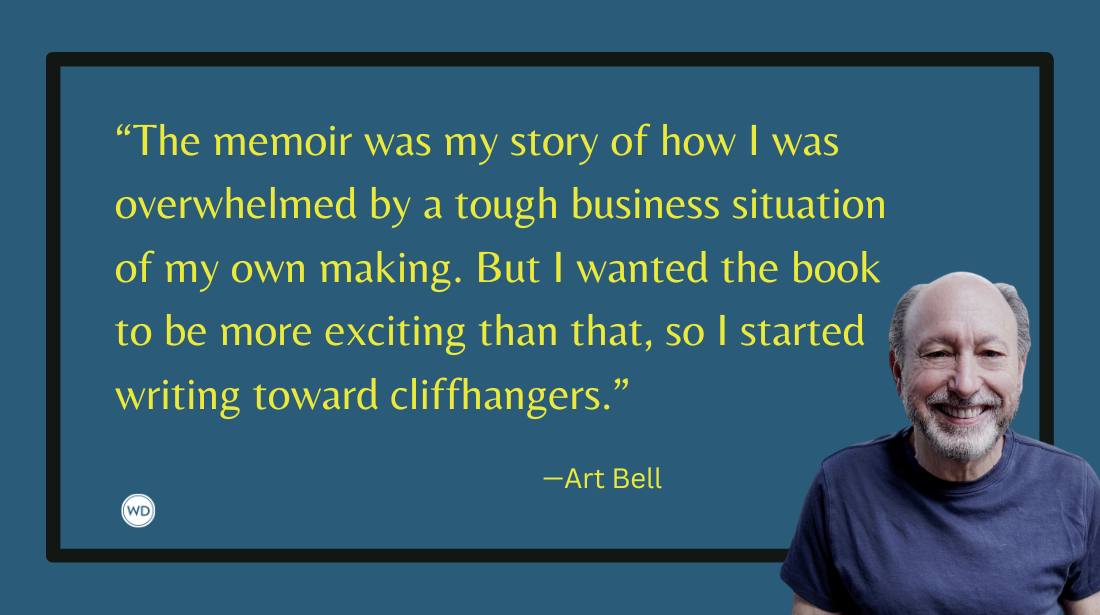The Personal Is Historical: Women’s Character Arcs in Context
Author Jessica Levine discusses the gains and disappointments of second wave feminism and how to inscribe historical change into fiction.
When I wrote Three Cousins, the story of three women coming of age in college during the 1970s, I wasn’t intending to produce a feminist novel. But it’s often the case that we don’t know what we’re writing about until afterward, and the decade in question impacted my characters and their story arcs more than I realized. “The personal is political,” a slogan used by second-wave feminism, emerged from the awareness that private matters, such as domestic violence, rape, unwanted pregnancy, and abortion, happen and are determined by the political and social contexts in which they occur.
In fiction writing, whether or not the writer has political intent, the personal will at the very least prove to be historical, and the human desire for justice and progress has led many writers to stage the struggles of the oppressed. We are less interested in protagonists who are privileged and empowered, unless they fall; we are more drawn to stories of the unfortunate, and our dearest writers have had the experience or the imagination to tell those stories.
It makes sense, therefore, that much of classical and contemporary literature features women of intelligence who were limited, belittled, or literally trapped (as in the madwoman in the attic in Jane Eyre). Before women writing about women became acceptable and common, empathetic men did the job of dramatizing the situation of women. Hawthorne’s Hester Prynne, Flaubert’s Emma Bovary, Tolstoy’s Anna Karenina, and Henry James’s Isabel Archer are a few protagonists that progressive male writers have used to indict the double standard and oppression of women.
During the period of the late 1960s and 70s, as women awakened to their condition and to patriarchal conditioning, some felt like they were coming out of a trance or a brainwashing. The ideas in the air, although they may have originated centuries before, had a new power and appeal because women’s freedom and equality had become more attainable with birth control.
The motto of one of the protagonists in my latest novel, Three Cousins, comes from a song a lover has written for her, “Wanna Be Crazy Free.” Robin is bisexual, aware, and eager to experiment and experience. She wants freedom not only for herself but for her cousins and all women of her generation. Set on achieving and enjoying it, she is emblematic of the times in her forward-looking, optimistic attitude. Using her to convey the zeitgeist relieved me of having to spend pages on political or historical exposition. And her character arc, in this novel and in the rest of The Cousins Series, illustrates the hopes and disappointments of second-wave feminism, from the early dream of social equality, liberated sexuality, and improved relationships through the frustrations and disappointments of the following decades. In the next novel I write, Robin will reap the gifts and costs of the freedom she pursued so eagerly.
In fiction, history is often addressed through the depiction of major events, as in War and Peace and Gone with the Wind. Or it unfolds over the course of decades, as in Proust’s In Remembrance of Things Past. But there are other ways that history can be staged in the novel and memoir without including major events or writing a multi-volume series.
Using a character who is politically engaged and working to change the status quo.
Konstantin Levin in Tolstoy’s Anna Karenina is a famous example. Rejecting the values of the aristocratic class and wanting to promote agrarianism, he takes off his fancy dress to work in the fields alongside his peasants. In modernizing farming practices, he heralds the future and works for a dream of honoring the land. His idealism was a reflection of Tolstoy’s own progressive politics.
Using a multi-generational family to illustrate changing attitudes and prospects.
In The Joy Luck Club, Amy Tan contrasts the world view of Chinese born mothers with that of their Chinese American daughters. In Betty Smith’s A Tree Grows in Brooklyn, the self-sacrificing mother Katie, who has immigrated from Ireland, struggles with poverty, whereas her daughter has brighter prospects.
Using a temporal point of telling that looks back on a time of difficulty or oppression from a place of freedom, healing, or growth.
This is most powerful if the point of telling is after a major historical change. Think of the slave narratives by Frederick Douglas and Harriet Ann Jacobs written after the end of slavery. Knowing that Douglas and Jacobs were free while writing their stories gives us a strong sense of “then” and “now,” and we root for them every step of the way.
Using an epilogue or a double timeline structure.
Forward-leaping epilogues can also do the job. Edith Wharton’s The Age of Innocence, set in Gilded Age New York in the 1870s, stages the provinciality and narrow thinking of the world she grew up in. An epilogue, set around 1905, charts the increased freedom of women, the growth of opportunity, and the erosion of class hierarchy.
In A.S. Byatt’s Possession, the contrast between the Victorian storyline and the present one easily gives us the sense of how particular historical circumstances affect relationships. At the same time, the similarities between the two parallel couples bring home universal issues in relationships.
It’s often said in screenwriting that “the stakes” make or break a story. In a psychological or literary novel, as in memoir, where we aren’t talking about the destruction of Earth or the invasion of body snatchers, the stakes have to do with the worth of human nature and whether as a species we are on a path of moral progress. Inscribing your character’s arc into the greater arc of social and historical evolution will add a layer of richness and meaning to your story.
The struggles of women, which have been a traditional subject matter for the novel, offer the opportunity to connect the dots between the individual and the greater historical and social forces impacting her story. Ideally, the arc of her character will convey the challenges of the times she lives in.
Check out Jessica Levine's Three Cousins here:
(WD uses affiliate links)








